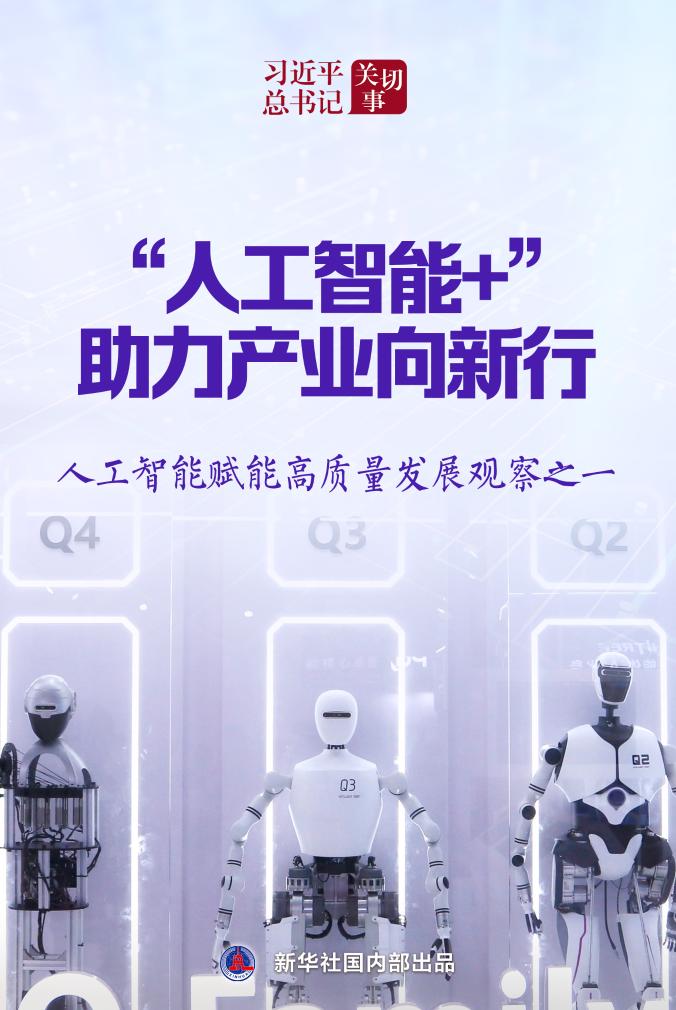Home > Information > News
#News ·2025-01-02
Looking back at the field of AI in 2024, we can observe a number of notable trends, particularly the widespread adoption of AI assistants, the rise of AI agents, and the challenges and considerations that enterprises face when choosing AI solutions. Here's an in-depth look at these trends from industry expert Derek Topp.

In 2024, we witnessed countless vendors racing to release new products aimed at creating, deploying, and maintaining agents based on General Artificial Intelligence (GenAI). These agents are able to autonomously interact with customers through voice and chat channels, greatly enhancing customer service and customer experience. They are integrated with more data sources, can be customized according to business needs, and expand the application in different scenarios. This trend is expected to continue to grow as GenAI drives efficiencies by automating everyday interactions, streamlining business processes, and enabling smarter, real-time decision making.
By the second half of 2024, AI agents launched for customer service, in-house knowledge workers, and more will become more common. Ai agents are high-level automation tools that do not require organizations to establish complex workflows, but simply set a goal and provide access to the tool to accomplish tasks autonomously. These agents are able to understand simple English instructions and perform all the subtasks needed to get the job done, simplifying the process of data retrieval and analysis. However, while the prospect of agent workflow automation is highly attractive to many customer experience organizations, the implementation process still requires careful planning and a lot of human-AI collaboration.
Faced with the rise of different options and open source models offered by giants such as Microsoft/OpenAI, Google Gemini, and numerous enterprise platform providers, enterprises face many challenges when choosing an AI solution. The key is to consider multiple variables, including budget, feature preferences, security, maintenance costs, speed, and performance. Companies should evaluate options based on their own business goals and ability to execute, and may sometimes need to build proprietary data models from scratch.
In the field of general AI or AI more broadly, companies must proactively address the known risks associated with the proliferation of AI. This includes internal risks associated with large language model (LLM) illusions and data governance, as well as the threat of external actors accessing corporate data by injecting malicious hints. Companies should be concerned about data privacy protection and the complexity of integrating new technologies into existing systems. Fortunately, there are third-party solution providers and DIY approaches that can help businesses make informed decisions and take appropriate action.
Going forward, as AI assistants integrate with more data sources, they will better understand customer needs and provide extended utilities in enterprise applications. We'll see more robot-to-robot collaboration, and AI agents building closer relationships with brands and their sales or customer service systems. This will enable brands to manage data and governance in their own way, while enjoying the flexibility to freely choose and update their AI models. The Unified AI architecture will combine technologies such as intelligent agents, adaptive models, composable data layers, and knowledge processing to enable customer experience (CX) organizations to deploy AI solutions quickly and securely.
2024 will be a year full of innovations and challenges in the field of artificial intelligence. With the widespread adoption of AI assistants and agents, enterprises face many considerations when choosing a solution. However, with careful planning and a proactive approach to risk, businesses can take full advantage of the opportunities presented by these new technologies to drive business growth and innovation.

2025-02-17

2025-02-14

2025-02-13
friend link


400-000-0000
立即获取方案或咨询
top